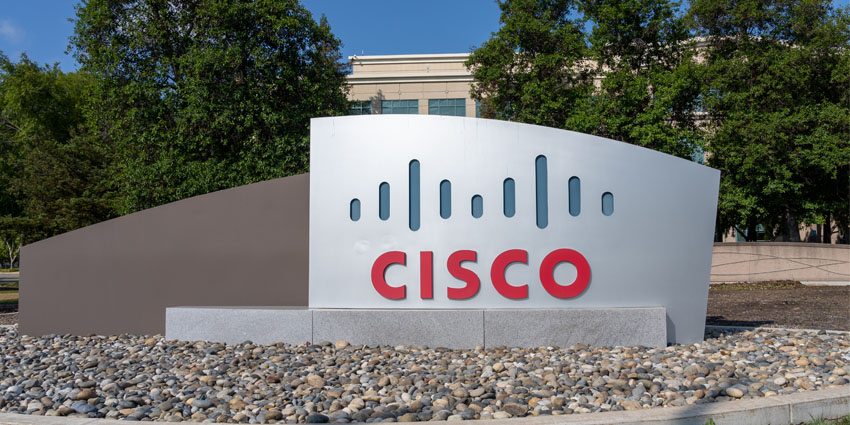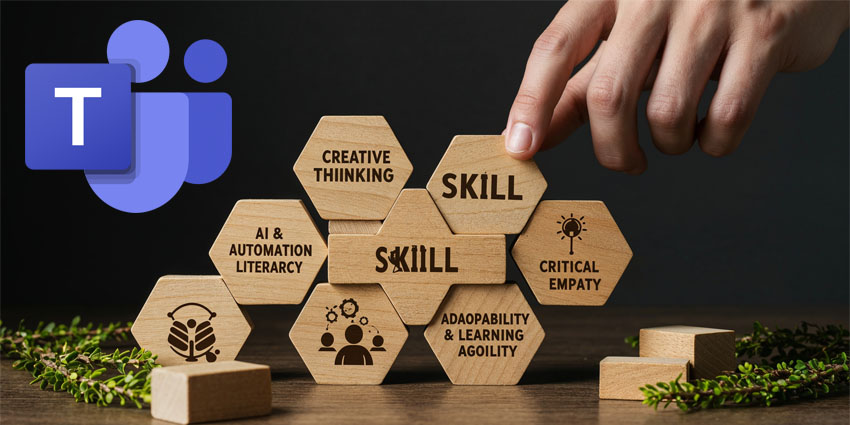RingCentral has the announced the acquisition of workforce management firm CommunityWFM.
The deal will fold CommunityWFM’s forecasting and scheduling capabilities into RingCX, RingCentral’s cloud contact centre platform, with a goal of helping businesses cut costs and raising service levels.
“Our mission at RingCentral is to empower businesses of all sizes to communicate effortlessly with their customers, and use the power of AI to help businesses unlock greater opportunities,” said Andy Watson, Senior Product Marketing Manager for RingCX.
CommunityWFM is a natural fit for RingCX, as both provide advanced AI capabilities that are easy to deploy and use for businesses of any size.”
AI in the Contact Centre
Workforce management in contact centres has long been a pain point, with many organisations still relying on manual forecasting, leaving them vulnerable to costly missteps.
At the same time, the customer experience stakes have never been higher.
In the US, customer patience for long queues has dropped by nearly a third over the past five years, according to Forrester.
And poor service can directly translate into churn: PwC research suggests one in three customers will walk away from a brand they love after just one bad experience.
With companies cutting staff across the board, the move to AI seems like a natural progression.
Early applications of AI in contact centres – think chatbots and sentiment analysis – were aimed squarely at the customer. Workforce AI shifts the focus inward, to the systems that keep the whole operation running.
Forecasting Beyond Guesswork
CommunityWFM’s technology uses machine learning to sharpen demand forecasting. Rather than relying only on historic call volumes, it draws on data such as average handling times, agent performance, seasonality, and external triggers like marketing campaigns or even weather events.
For enterprises, this translates into tighter alignment between staffing levels and customer demand. In practice, that means fewer idle agents when traffic slows, fewer overwhelmed ones when it spikes, and more predictable labour costs.
RingCentral’s Automated Schedule Adjustment Plans (ASAP) are designed to address these variables, and managers can generate new staffing options in minutes and push them directly to agents via app, SMS, or internal channels.
Agents can accept or decline instantly, reducing disruption while giving them greater control over their schedules.
For companies pursuing employee experience initiatives, this empowerment matters. In an industry where annual attrition can reach 30–40 percent, giving agents more flexibility could prove as valuable as any cost saving.
Why the Enterprise Should Care
For enterprise buyers, RingCentral’s deal speaks to several familiar priorities:
- Digital transformation – replacing manual workflows with automated, integrated processes.
- Innovation – applying AI to core operations, not just customer-facing tasks.
- Employee experience – enabling agents to manage their schedules and time-off requests, improving morale and retention.
- Productivity – using data to match labour supply more precisely to customer demand.
- Cost reduction – trimming idle time without sacrificing service levels.
A retailer facing Black Friday provides a useful illustration. AI-powered forecasting can anticipate call surges weeks in advance. If demand unexpectedly overshoots, ASAP tools allow managers to offer shifts to part-time staff within minutes.
Customers avoid long queues, agents feel more in control, and managers keep costs in check.
The Bigger Picture: AI’s Expanding Role
RingCentral is not alone in this push. Competitors from NICE to Genesys are also embedding AI into workforce engagement platforms.
The broader trend is clear: AI in the contact centre is moving from peripheral add-ons to the operational core.
For CIOs this raises integration and security questions, while for CFOs the focus will be on whether efficiency gains outweigh the investment.
For CHROs, the concern is whether algorithm-driven scheduling aligns with wellbeing goals. The fact that this acquisition speaks to all three audiences is telling.
Bottom Line
Contact centres are quickly evolving into laboratories for applied AI.
The question is no longer whether algorithms belong here, but how they should be deployed.
The challenge ahead is to use AI not simply to automate, but to amplify human effort. The winners will be those who reconcile efficiency with empathy, turning the contact centre from a cost centre into a competitive advantage.







